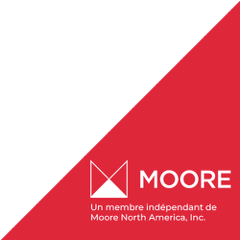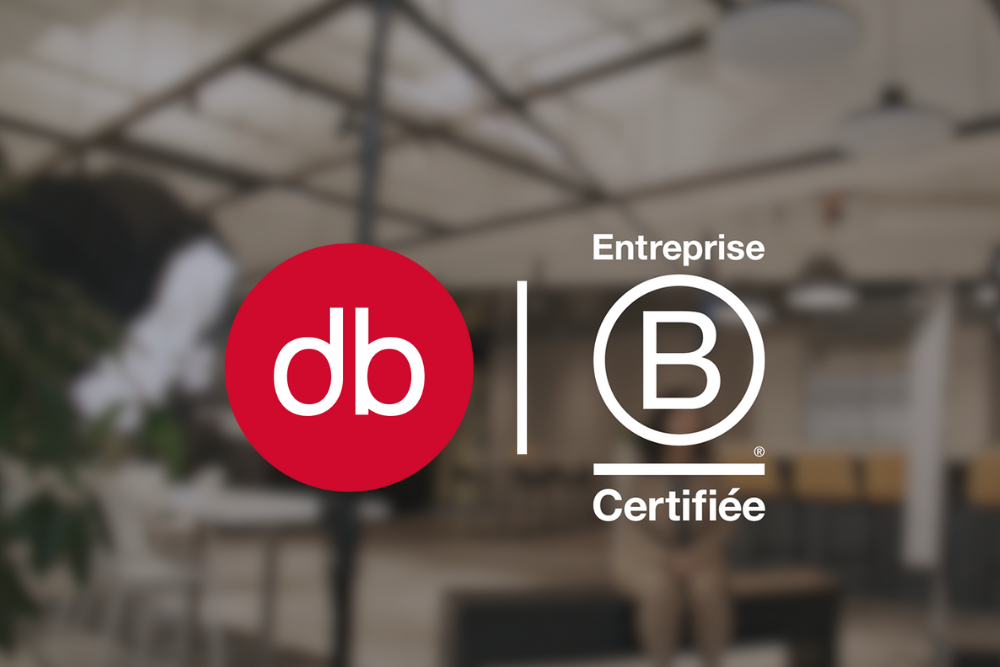
Une performance
digne des plus grands
En affaires depuis plus de 40 ans, notre équipe dynamique a contribué à faire croître de nombreuses entreprises. Et le fait d’être affiliés à un réseau mondial vous donne une longueur d’avance… et un accès privilégié à une expertise qui n’a pas de frontières.
Experience the Thrill at Skycrown Casino – A Premier Choice for Aussie Players
For Australian gamblers seeking excitement and rewards, Skycrown Casino emerges as an exceptional destination. Its vast array of gaming options caters to every taste, presenting a playground where you can find both classic favourites and cutting-edge games.The benefits of choosing Skycrown Casino are manifold. Firstly, the casino pledges to provide an unrivaled user experience with a secure and fair gaming environment, essential for peace of mind when placing bets. Additionally, the tailored bonuses crafted for Australian players mean that there's always an extra boost to your gaming adventures.But there’s more to explore! If Skycrown has piqued your interest, a full review awaits you, packed with insightful details. All you have to do is visit our partners at casinoau10 for an exhaustive critique that helps you gear up for a top-tier casino experience. For a deep dive into the banking options and more about what makes Skycrown Casino a premier choice for Aussie players, follow the detailed review at https://casinoau10.com/skycrown/. Discover why Skycrown Casino is making waves among Aussie gaming enthusiasts today!Une approche qui place les humains en premier
Nos clients, nos équipes et nos partenaires d’affaires sont au cœur de notre travail, et nous mettons sur pied des initiatives durables parce que, comme l’avenir des PME d’ici, leur bien-être et celui de notre planète nous tient à cœur.


Une volonté d’innover
qui ne s’essouffle jamais
Quand vient le temps d’innover, c’est à tous les niveaux que ça se passe : que ce soit pour le succès de votre entreprise en vous offrant des produits et des services d’avant-garde, ou pour l’épanouissement de nos employés en faisant les choses autrement.
CE QUI BOUGE
Formations, conseils et ce
qu’il faut absolument savoir.

C’est une immense fierté d’être certifié B Corp et nous sommes encore plus fiers de savoir que c’est, entre autres, grâce aux valeurs sociales que nous véhiculons comme entreprise qui ont été reconnues.
31 décembre 2023
DINO MASCIOTRA, ASSOCIÉ DIRECTEUR
























